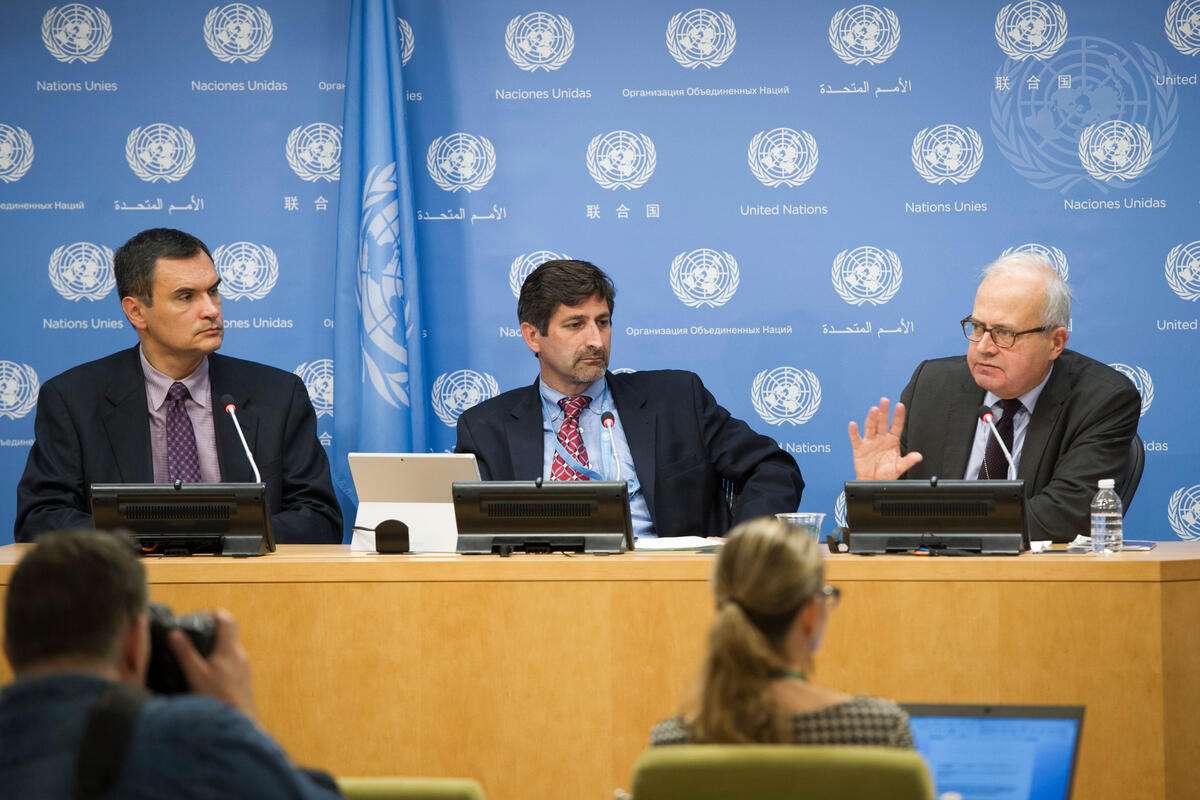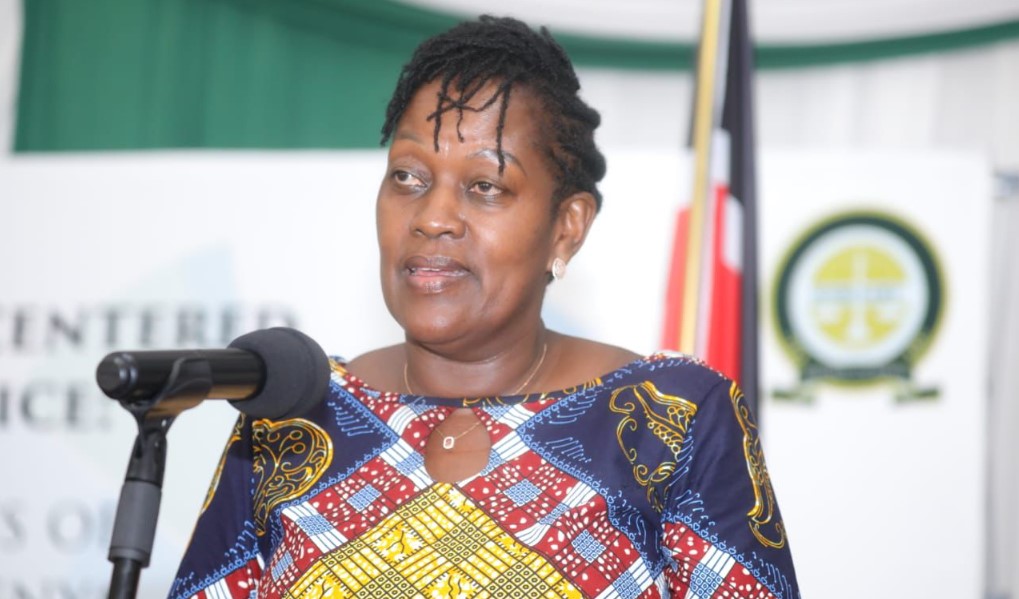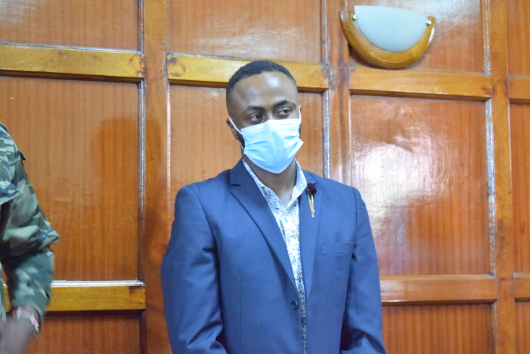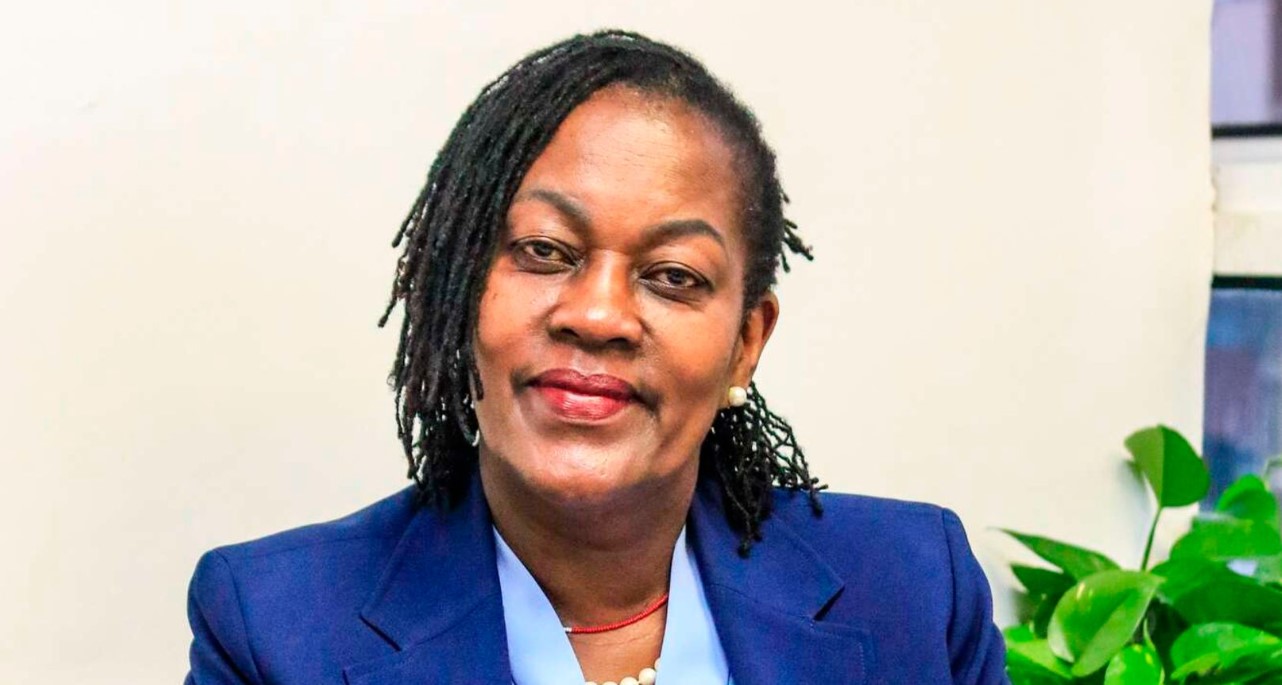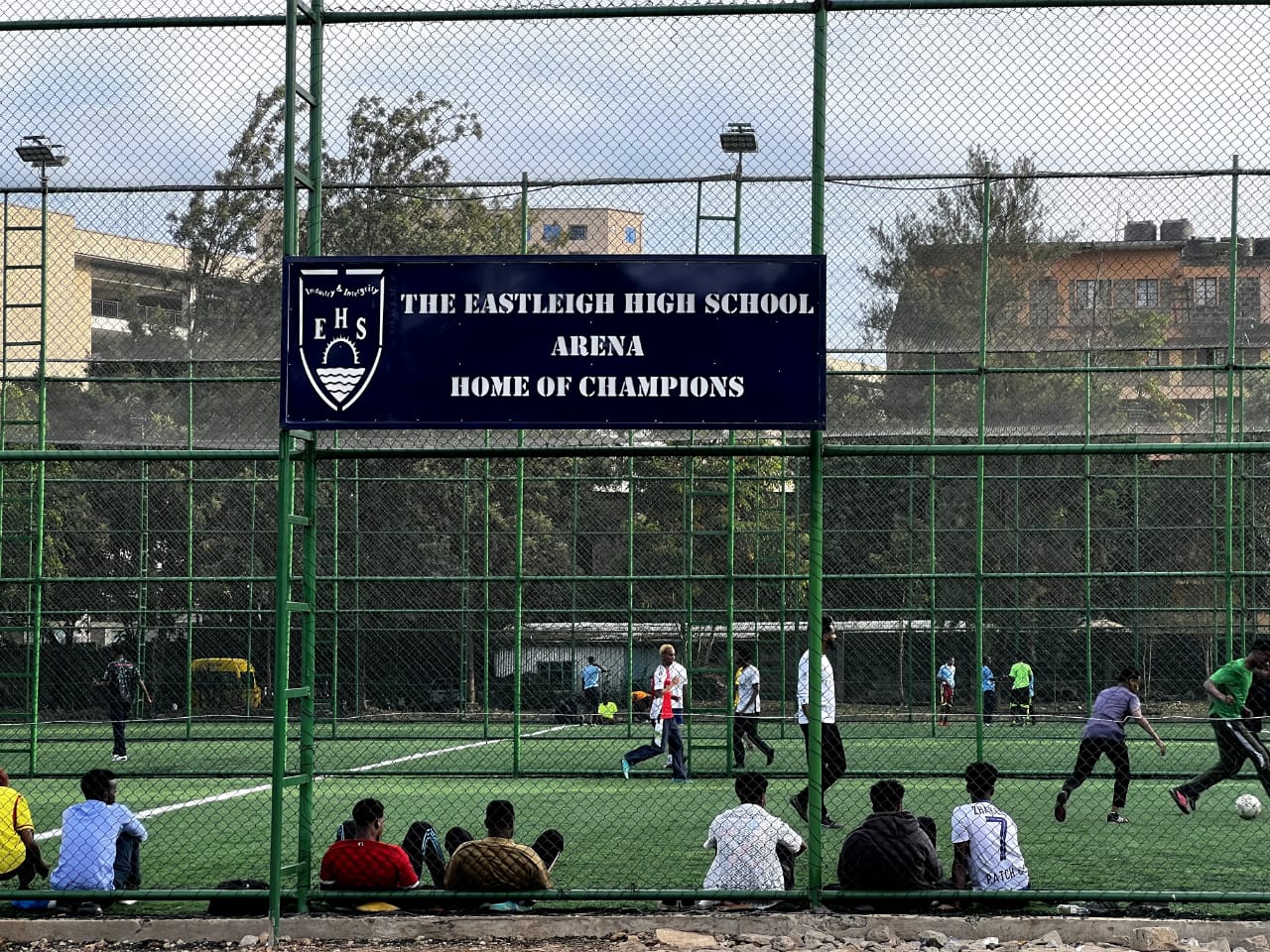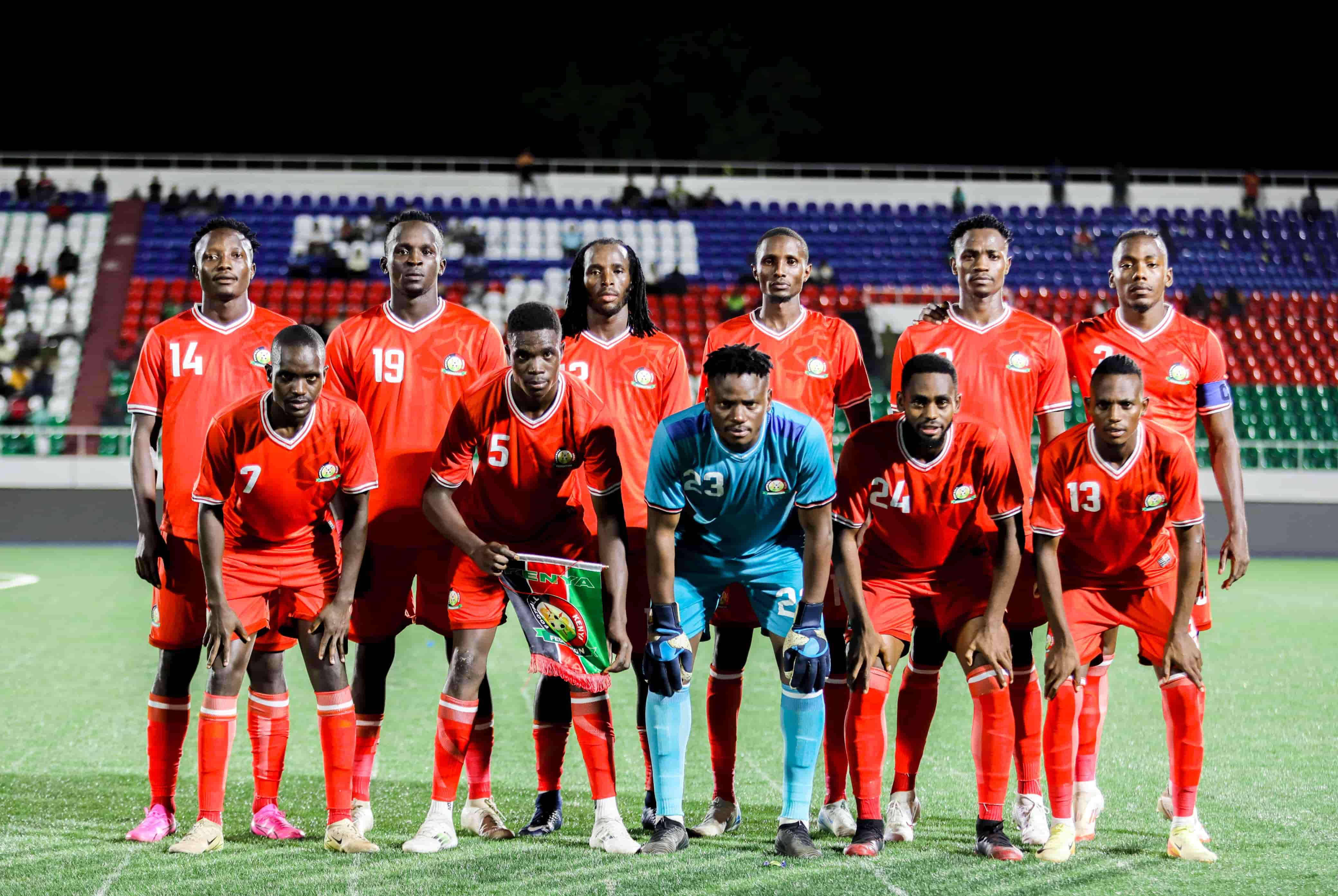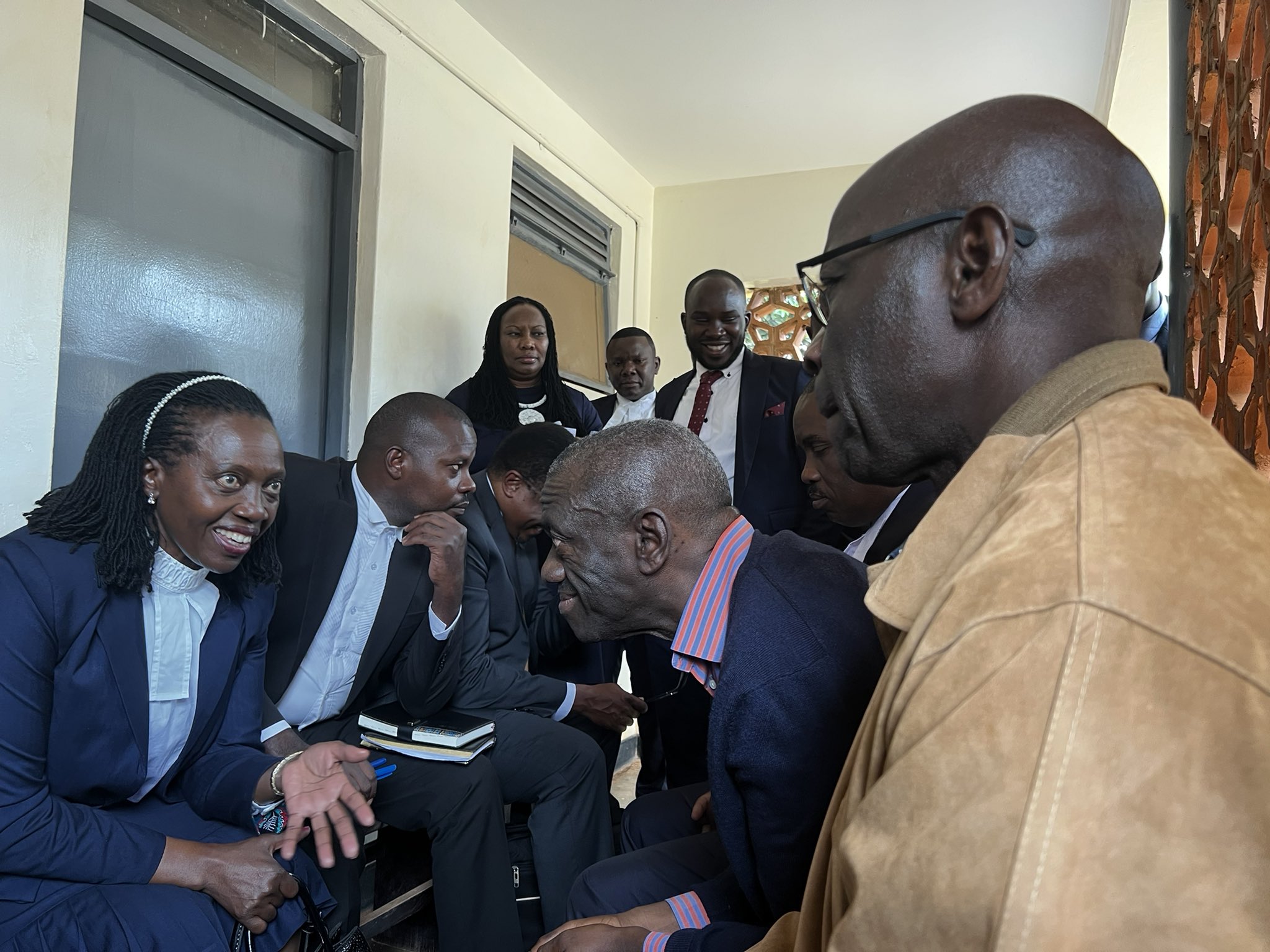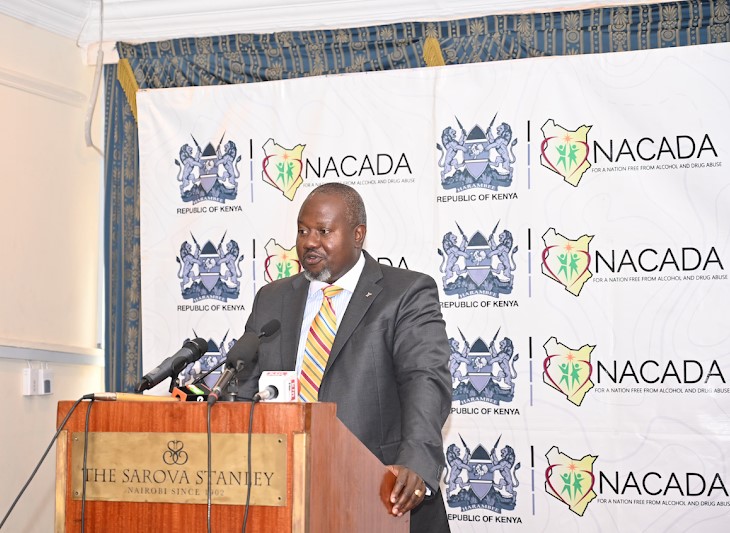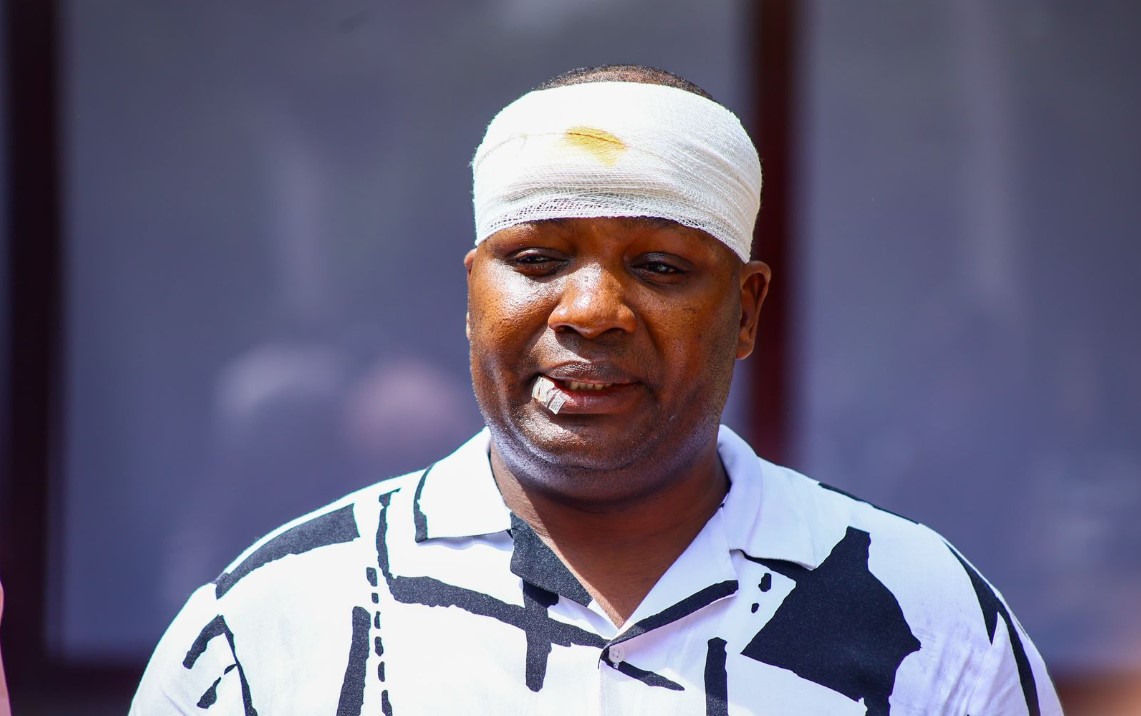High Court orders establishment of quality assurance council for CBC within 14 days

The petitioner argued that without quality assurance, the education system's credibility is at risk, rendering students' academic achievements meaningless.
The High Court has directed Education Cabinet Secretary Julius Ogamba to establish a quality assurance council to oversee the Competency-Based Curriculum (CBC) within the next 14 days.
This follows a ruling by High Court Judge Lawrence Mugambi, who criticised the lack of an Education and Quality Assurance Council (ESQAC) despite the ongoing implementation of the CBC.
More To Read
“The law did not give the respondents the latitude not to act or delay. To allow the executive or respondents to delay in the circumstances is to diminish the authority of the law. It would be denying children the benefit of quality education standards, which is the objective behind the standards,” Justice Mugambi said in his ruling on Tuesday.
The case was filed before the court by Dr. Chris Galgalo, a former chair of the ESQAC. Galgalo argued that CBC was introduced without adequate testing, leaving children in an education system devoid of necessary checks and balances.
His lawyer, Harrison Kinyanjui, emphasised that mere access to education is insufficient and the government must ensure that learners have access to quality teachers and educational materials.
“This lack of quality assurance, in turn, creates an endless curriculum learning a free fall, especially for those who are now faced with the new, untested CBC program,” Kinyanjui said.
According to court documents filed before the High Court judge, Galgalo was appointed by former minister Prof. Jacob Kaimenyi to head SQAC in 2019. But his term ought to end in 2023.
He claimed that the appointment was communicated to the Principal Secretary for early learning and basic education. The judge also heard that the appointment has not been varied or revoked to date.
Galgalo also claimed that the council has remained non-operational, despite repeated attempts to engage with education officials, including the former Education CS, the late George Magoha, and the former head of public service, Joseph Kinyua.
According to Galgalo's lawyer, this inaction constitutes a breach of his legitimate expectations and a violation of Kenyan children's right to quality education.
“The first respondent (Magoha) unlawfully failed to give effect to the statutory intendment of an operational and functional ESQAC in Kenya to the detriment to not only Kenyans, but the petitioner as well and in particular in breach of his legitimate expectation,” Kinyanjui said.
Galgalo claimed that the Department of Education receives over Sh40 million each year for quality assurance in basic education, yet, in his view, the quality of education has been deteriorating rapidly.
“There is, therefore, a precipitous danger of the quality of education in Kenya dropping to an extremely horrendous level without the quality assurance council meeting the foregoing mandate. The first respondent’s actions and omissions pleaded herein constitute a violation of the petitioner and the affected Kenyan children’s right to human dignity,” he said.
He further argued that without quality assurance, the education system's credibility is at risk, rendering students' academic achievements meaningless. He urged the court to compel the CS to make the necessary appointments, ensuring that Kenyan school certificates remain competitive.
“Every learner is entitled to quality education, not merely access to education which accords with the right to dignity. All children are entitled to access education. But not merely education, but quality education, which by law is envisaged to be overseen by ESQAC and quality assurance officers,” Galgalo said.
He also proposed that the quality assurance council could be funded from the Sh476 billion basic education budget allocated by the government.
He asked the court to mandate the Education CS to appoint a team that would ensure the delivery of quality education across the country.
Trending
